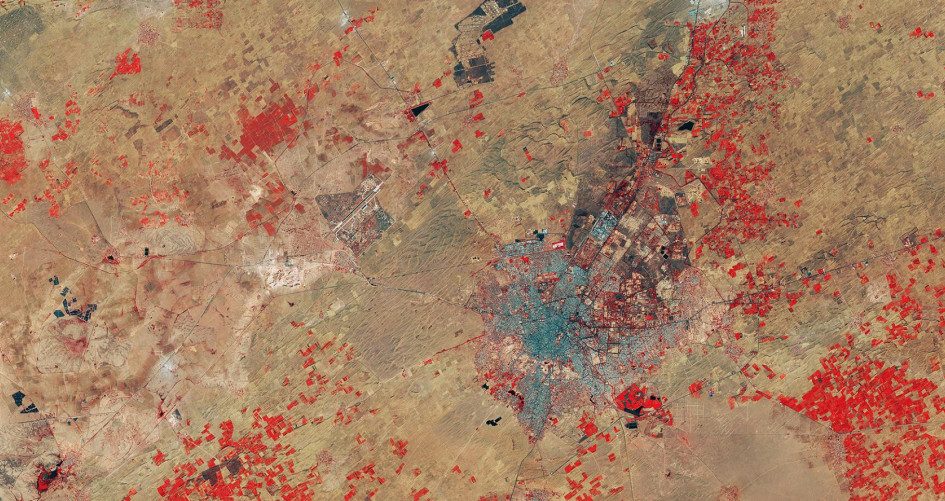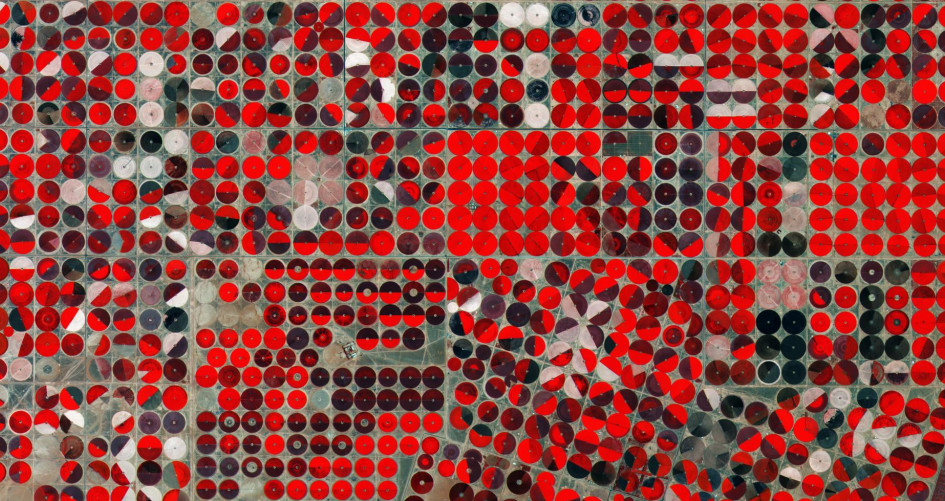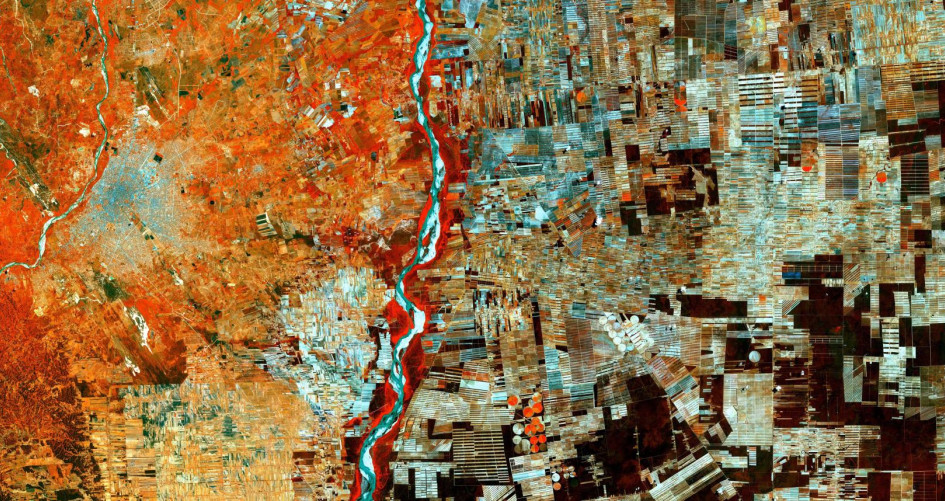Urban-Rural Linkages to Advance Integrated Territorial Development:
Guiding Principles and Framework for Action
12 December 2018 / 10:00 – 13:00
PCCB Capacity-Building Hub / RYSY Meeting Room 24 - Area E
Historically, cities and rural areas formed part of a single eco-system which meant that food produced in the nearby rural areas would be traded in the nearest town fostering economic, trading and social exchanges. In many countries, this relationship has lost its strength. The speed of increased urbanisation is impacting hinterlands and rural areas. Migration trends from rural to urban areas combined with globalisation and the adverse effects of climate change pose challenges to urban, peri-urban and rural areas.
The 2030 Agenda for Sustainable Development and Sustainable Development Goal 11 Target 11.A aims to:
“Support positive economic, social and environmental links between urban, per-urban and rural areas
by strengthening national and regional development planning”.
The Guiding Principles and Framework for Action, convened by UN-Habitat and developed in a participatory process which included more than 125 stakeholders, state that:
“In both the 2030 Agenda for Sustainable Development (SDGs) and the New Urban Agenda (NUA), United Nations Member States agreed to normative policies supporting integrated urban and territorial planning and development, effectively calling for new, inclusive approaches and enhanced synergies between urban and rural communities and spaces. The reciprocal and repetitive flows of people, goods, information, financial and environmental services, (defining urban-rural linkages) between specific rural, peri-urban and urban locations are interdependent and constitute the reality of socio-spatial arrangements, creating places with a distinct socially-constructed identity, yet interwoven “functional territories”. The goal of the Guiding Principles1 is to inform pragmatic strategies and propose a Framework for Action to build an enabling environment for more inclusive and functional urban-rural linkages.”
1The Guiding Principles and Framework for Action are drawn from multiple sources including case studies and experiences, policy decisions and reports from intergovernmental UN agencies, international development partners, multi-stakeholder expert meetings, and inputs from city networks, academic and civil society experts. For more information see https://urbanrurallinkages.wordpress.com/







